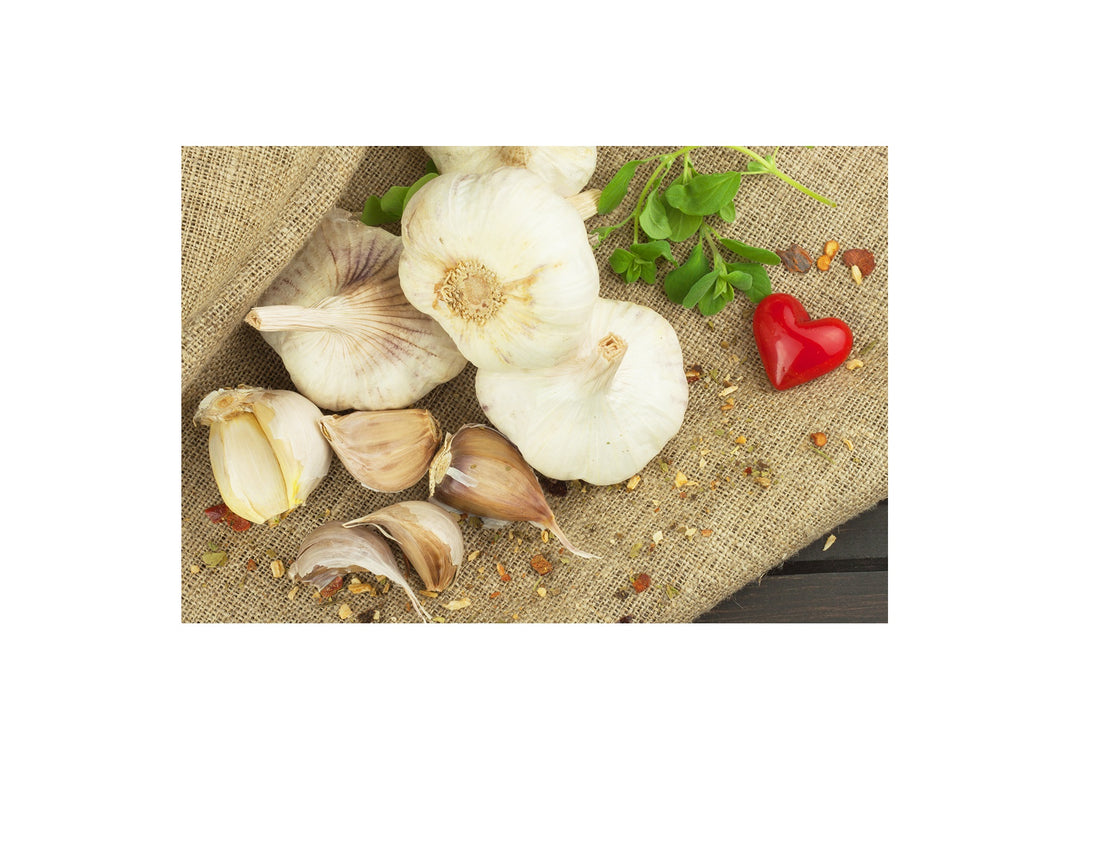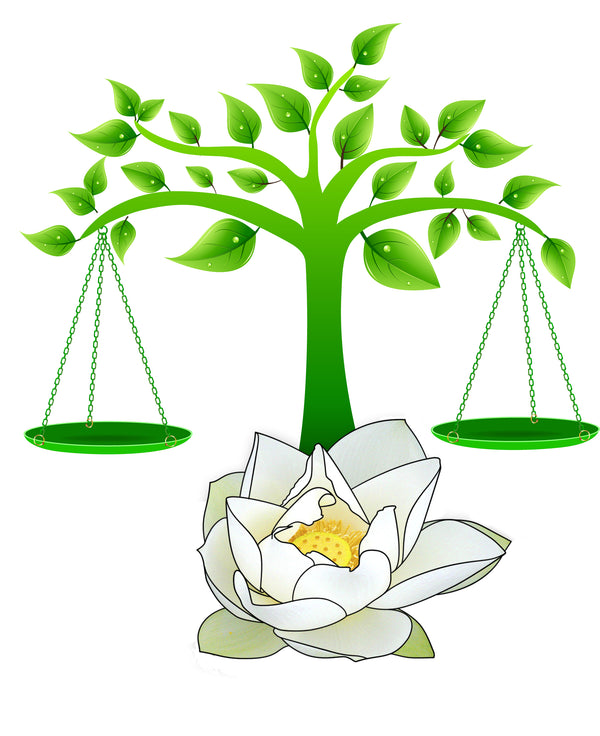
Natural Herbs for Managing Blood Pressure: A Holistic Approach to Health
Susan CwikShare
High blood pressure, or hypertension, affects millions of people worldwide and is a significant risk factor for heart attack and stroke. While medical treatment is crucial, some natural approaches, such as incorporating herbs into your diet, may complement, or replace, conventional therapies. In this blog, we will explore some potent herbs that have been shown to help manage blood pressure when combined with a balanced lifestyle.
- Basil: A Heart-Healthy Delight
Sweet basil not only adds flavor to your favorite dishes but also brings potential health benefits. Rich in eugenol, an antioxidant, basil has been linked to lowered blood pressure. Studies suggest that eugenol acts as a natural calcium channel blocker, aiding in the relaxation of blood vessels, which helps in reducing blood pressure levels.
- Parsley: A Calcium Channel Blocker Alternative
Apart from being a garnish, parsley has medicinal properties too! Research shows that parsley can act as a calcium channel blocker, similar to some medications. This property allows blood vessels to relax and dilate, potentially leading to reduced systolic and diastolic blood pressure.
- Celery Seed: Nature's Calcium Channel Blocker
Celery seed extract contains compounds that may serve as a natural calcium channel blocker, aiding in the lowering of blood pressure. These properties, combined with its potential diuretic effect, make celery seed a valuable herb to explore for those seeking a holistic approach to blood pressure management.
- Garlic: The Heart's Ally
Garlic has long been recognized for its various health benefits. Sulfur compounds, like allicin, found in garlic, may increase blood flow and help relax blood vessels, potentially leading to lower blood pressure. Studies have shown that garlic supplements can reduce both systolic and diastolic blood pressure levels.
- Cinnamon: A Warm Spice for Blood Pressure
While its blood pressure-lowering mechanism is not fully understood, cinnamon has been associated with dilating and relaxing blood vessels. Regular consumption of cinnamon, consistently over time, has been linked to significant reductions in systolic and diastolic blood pressure levels.
- Ginger: The Versatile Blood Pressure Regulator
Ginger is known for its diverse health benefits, including potential blood pressure regulation. Acting as a natural calcium channel blocker and ACE inhibitor, ginger may help lower blood pressure in several ways. Daily consumption of ginger has been associated with a reduced risk of developing high blood pressure.
- Cardamom: A Potent Blood Pressure Ally
Cardamom, a spice commonly used in cooking and teas, has shown promise in blood pressure management. Acting as a natural calcium channel blocker and diuretic, cardamom can aid in relaxing blood vessels and promoting healthy urination, helping to reduce blood pressure levels.
Conclusion
While these herbs show potential benefits in managing blood pressure, they should not replace prescribed medications or professional medical advice without first talking to your doctor. Incorporating these herbs into a balanced diet, along with lifestyle changes like reducing sodium intake, increasing potassium-rich foods, regular exercise, and stress management, can form a holistic approach to blood pressure management.
Always consult a qualified healthcare practitioner before adding herbs or supplements to your diet, especially if you have existing medical conditions or are taking other medications. Embracing a holistic approach to your health, with the guidance of your healthcare provider, can pave the way to better blood pressure and overall well-being.
